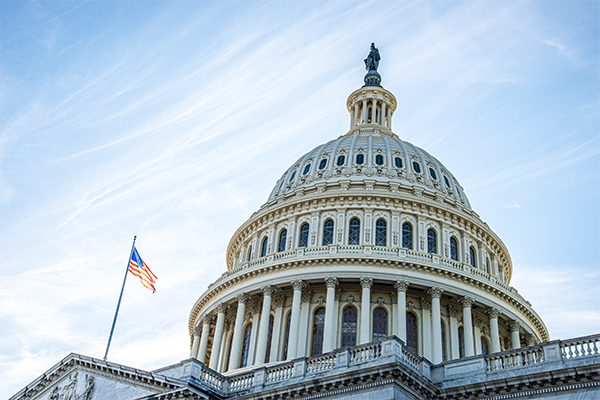Prepare for another RMP skirmish
Industry members involved in the successful fight against risk management plans (RMP) six years ago take note: Senator Susan Collins (R-ME) is expected to introduce the Chemical Facility Anti-Terrorism Act.
 Lisa Bontempo |
As chairman of the Homeland Security and Governmental Affairs Committee, Collins has been trying to highlight vulnerabilities of critical infrastructure. Her bill uses the Environmental Protection Agency’s list of chemicals under the RMP and then allows the Department of Homeland Security to amend the list of covered sites.
The owner or operator of each chemical source would be required to conduct a vulnerability assessment, create a site security plan and “prepare and implement an emergency response plan or update an existing plan including response planning for a terrorist incident.”
Security measures may include protection of facility perimeters, surveillance cameras, limits to chemical source controls, computer security systems, early warning systems and “the relocation, hardening of the storage or containment.”
The covered sites also would fall into a tiered system based on risk, including how close the facility is to population centers, the type and quantity of substances and the “extent and likelihood of death, injury or serious adverse effects to human health and safety or to the environment caused by a terrorist incident at a facility.”
Once the tiers are established, the Secretary of Homeland Security would develop security standards for chemical facilities, and could close down facilities for repeated failure to comply. The bill establishes periodic review requirements and significant administrative penalties (up to $25,000 per day, capped at $1 million per year) and civil penalties (up to $50,000 per day).
In 1999, the propane industry effectively argued against Congress’ attempt to include all propane facilities under the RMP. That victory is likely to be challenged under the proposed act.
The world has changed since the issue was last debated. The 9/11 Commission Report highlighting our nation’s weaknesses relating to terrorism, the war in Iraq and terrorist attacks worldwide keep the issue of terrorism prominent.
The Senate, too, is a different place. The new Homeland Security and Governmental Affairs Committee (created post 9/11) will be overseeing this issue and will have full jurisdiction, not the Senate’s Environment and Public Works Committee, which took the lead on the RMP and worked with the propane industry previously.
This new committee regularly works on security law, not environmental law. Staff does not necessarily have experience with the complicated Clean Air Act, which is key to understanding the propane industry’s treatment under the RMP.
The White House has said it will work with Congress on chemical facility issues and testified that Homeland Security needs more authority over the sites. The administration further testified that legislation is needed “to ensure that all facilities that use or store significant amounts of hazardous chemicals, and therefore pose a terrorism risk, are subject to minimum security standards.”
Richard A. Falkenrath, former White House deputy homeland security advisor, testified that the government “has essentially done nothing” since 9/11 to address the chemical terrorism threat and that the chemical sector is “our most serious civilian vulnerability.” He said legislation “allows us to move forward on the security front, where there’s huge mass casualty vulnerability.”
Some Democrats are pushing for “inherently safer technology” mandates in the bill that may require less volumes of certain chemicals or their removal or replacement all together. While the bill does not cover chemical transportation, it does cover intermodal points where product is loaded.
A major sticking point on the RMP issue concerned protecting data and information from the public. The current bill draft protects private information from public distribution. However, this could be jeopardized under another section of the bill relating to enforcement powers granted to the Homeland Security secretary.
Debate over whether or not the bill will include federal preemption authority is another huge, contentious issue.
















